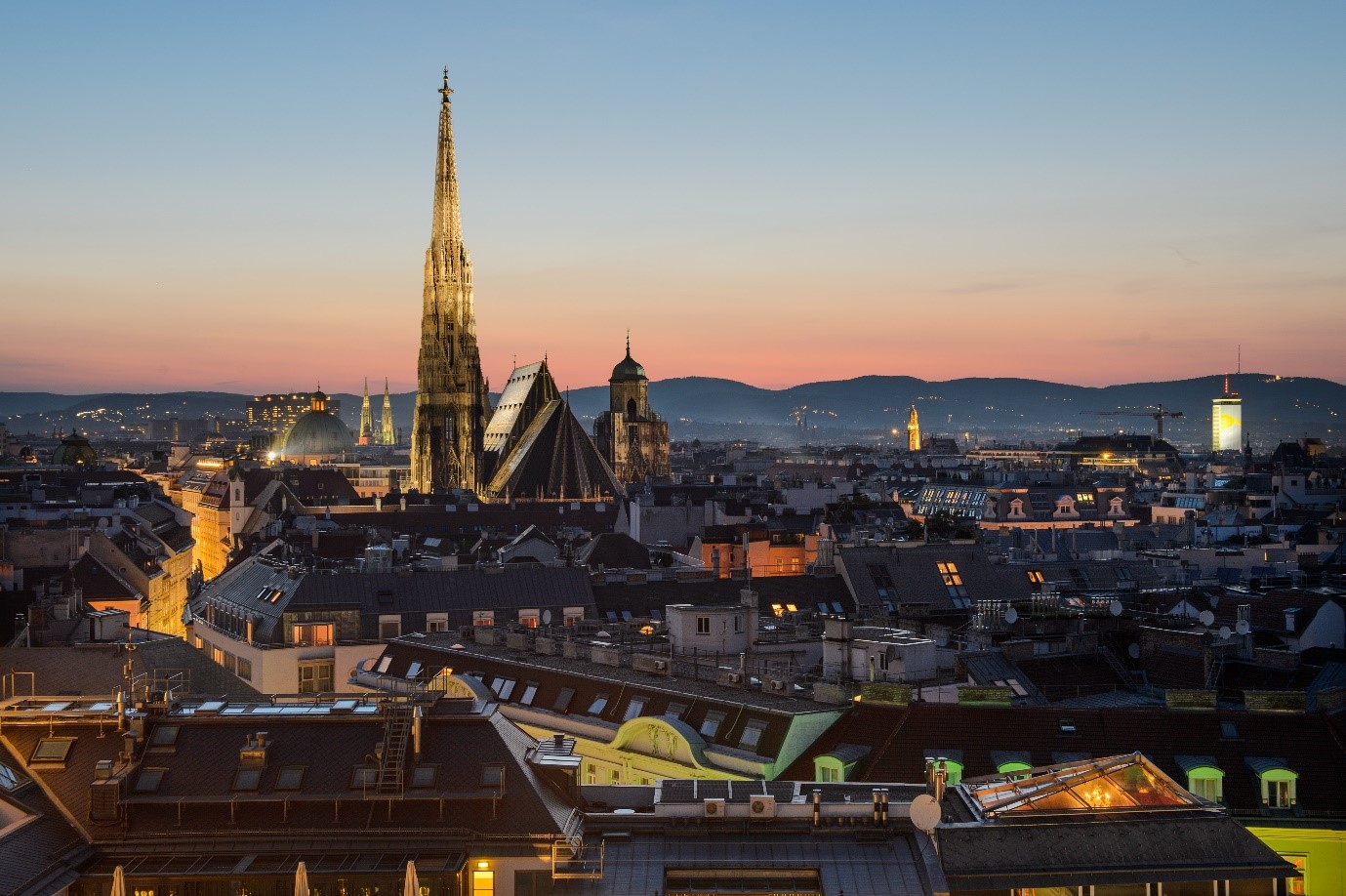
October 10, 2019, by lzzeb
ISRS2019 in Vienna, Austria
A blog by Alexandra Zieritz
About 8 months ago (how time flies…) I started my Anne McLaren Fellowship at Nottingham UK after having spent four years at the Malaysia Campus. During that period, my focus was on developing networks and disseminating my work in Malaysia and the wider Southeast Asian region. As one of my main goals in the coming years is to start building a research group here in the UK, I figured that it was important to (re-)establish connections with peers based in Europe as soon as possible in order to develop collaborations and attract postgrads, postdocs and funding. The 6th Biennial Symposium of the International Society for River Science (ISRS2019) provided an excellent opportunity to do that.
The International Society for River Science (ISRS) aims to “contribute to knowledge and wise stewardship of rivers and streams as vital natural and managed ecosystems” (http://riversociety.org/aims-and-scope/). ISRS symposia are biennial and the latest three editions took place in New Zealand, USA and China, respectively. ISRS2019 ran under the theme “Riverine Landscapes as Coupled Socio-Ecological Systems” and was hosted by the University of Natural Resources and Life Sciences Vienna (BOKU) in my home country Austria. The symposium was structured in 32 sessions within a wide range of themes, from traditional ecology to hydromorphology, river management and social ecology. As such, it truly provided a wide platform for the exchange of ideas and experiences between academics and practitioners from various river-related fields. This made for very inspiring coffee-break conversations on what it’s like to work with indigenous communities in the Okanagan River, how to coordinate a project on sustainable hydropower operations in the Yangtze, and learn about efforts to control cyanobacteria blooms in Ypacarai Lake, Paraguay.
I presented my own work on the “Status and fate of freshwater mussel biodiversity in Borneo” in the “Freshwater biodiversity: networks, monitoring, data compilation and publishing” session. The session was co-hosted by Astrid Schmidt-Kloiber, BOKU, and Sonja Jaehnig, IGB Berlin, who are part of the teams behind the Biofresh Project – a network for global freshwater biodiversity http://project.freshwaterbiodiversity.eu/” and the Alliance for Freshwater Life https://allianceforfreshwaterlife.org/, respectively. The session was well attended with very interesting presentations, though unfortunately two of the scheduled speakers from India and Thailand apparently did not get their visa in time. There were numerous other talks throughout the conference that I thoroughly enjoyed, including those on environmental DNA, extinction patterns of global freshwater megafauna, and challenges in managing Mediterranean-climate rivers. The keynote lecture by Klement Tockner, IGB, particularly stood out to me, as he painted a depressing picture of the state and trajectory of global river habitats, and passionately argued for the importance of internationally agreed criteria to assess the ecological, social and economic impacts of megaprojects.
So overall, lots of food for thought and motivation to get on with my work! Many thanks to the School of Geography (Research Committee) for supporting my attendance!
No comments yet, fill out a comment to be the first

Leave a Reply